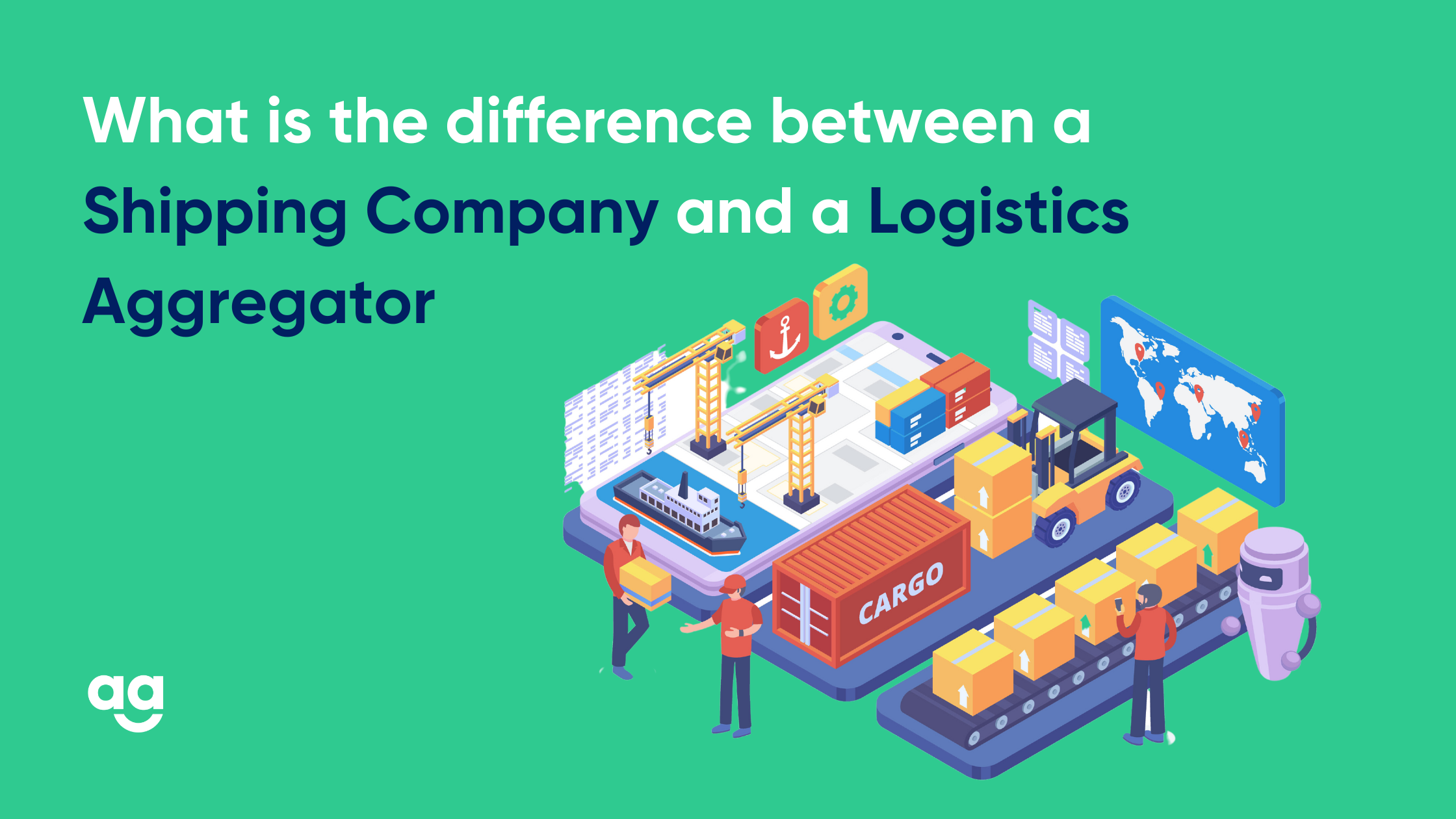What are Shipping Companies?
Shipping companies are entities that specialise in the transportation of goods from one place to another. They have their fleets of ships, trucks, planes, and other vehicles to transport goods.
Shipping companies typically operate on a global scale, providing logistics solutions for businesses and individuals who require international shipping.
Shipping companies are responsible for providing end-to-end logistics services, including cargo transportation, documentation, customs clearance, and insurance. They also handle the loading and unloading of cargo and ensure that it reaches its final destination safely and on time.
Shipping companies may also offer value-added services like packaging, storage, and inventory management to their customers. The cost of shipping with a shipping company is usually determined by factors like the size and weight of the cargo, the distance travelled, and the mode of transportation used.
What are Logistics Aggregators?
Logistics aggregators, on the other hand, are entities that provide a platform for businesses to connect with shipping companies and other logistics providers. They act as intermediaries between businesses and shipping companies, offering a range of logistics services that can be customised to meet the needs of the businesses they serve.
Logistics aggregators provide a wide range of logistics services, including freight forwarding, customs brokerage, warehousing, and transportation management. They also offer tracking and visibility tools that allow businesses to track their shipments in real-time and provide valuable insights into their supply chain operations.
The cost of logistics services offered by logistics aggregators is usually determined by the specific requirements of the business, the type of cargo being transported, and the distance travelled.
Logistics aggregators also offer customised pricing plans that are tailored to the specific needs of each customer.
Differences between Shipping Companies and Logistics Aggregators:
The main difference between shipping companies and ecommerce logistics aggregators lies in the scope of their operations. Shipping companies are responsible for providing end-to-end logistics solutions, including cargo and bulk transportation, documentation, customs clearance, and insurance. Logistics aggregators, on the other hand, act as intermediaries between businesses and shipping companies, offering a range of logistics services tha t can be customised to meet the needs of the businesses they serve.
Another significant difference between shipping companies and logistics aggregators is their approach to pricing. Shipping companies typically offer fixed pricing plans based on the size and weight of the cargo, the distance travelled, and the mode of transportation used. Logistics aggregators, on the other hand, offer customised pricing plans that are tailored to the specific needs of each customer.
Shipping Companies |
Logistics Aggregators |
| Limited Pincode Reach | Wider Pincode Reach |
| Operating with a Single Shipping Partner | Multiple Shipping Partner Choices |
| Multiple Order Tracking Platforms | Integration of All Marketplaces to Centralise Process |
| Limited Operations on a Single Platform | Ease of Operations with a Multi-Purpose Platform |
Summing up
In conclusion, shipping companies and logistics aggregators play essential roles in the transportation and logistics industry. While shipping companies are responsible for providing end-to-end logistics services, logistics aggregators act as intermediaries between businesses and shipping companies, offering a range of logistics services that can be customised to meet the needs of their customers.
Understanding the differences between shipping companies and logistics aggregators is essential for businesses looking to optimise their supply chain operations and ensure timely and cost-effective delivery of goods.







 Shipping
Shipping







